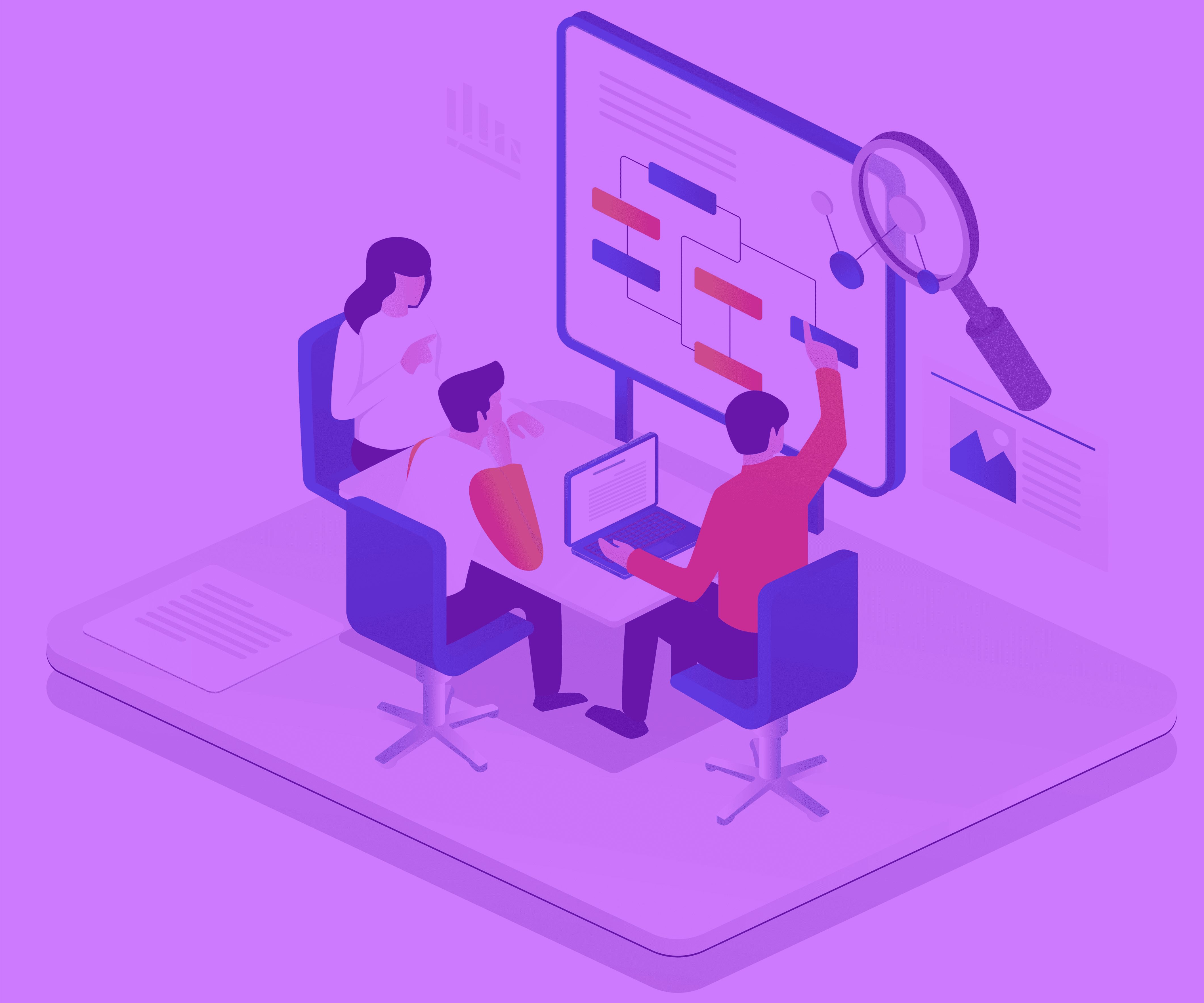4 June, 2019, by clincapture-client
With a wide-array of clinical research technology available, it can be difficult to determine the functionality and usefulness of a system for a particular study. In this blog, we will be briefly discussing one very important technology as it pertains to the role of Clinical Data Management (CDM): Electronic Data Capture. You can download the complete 2019 Guide to Electronic Data Capture here.
What is Electronic Data Capture?
Electronic Data Capture, often referred to as EDC, is a system that captures clinical trial data and stores it in an electronic form usually via a cloud. In the past, clinical researchers would use primarily paper to collect valuable clinical information.
Where is clinical data stored?
After clinical data is captured through a site (hospital, research facility, etc.) it automatically goes into the Electronic Data Capture system which can live either on-premises, on a public cloud (a multi-tenant solution), or on a Private Clinical Cloud®.
- On Premises:
On premises software is hosted on local servers, either at your company or at the provider’s location. This type of software is good when you do not want any interruptions to your study, as you are not forced to revalidate for software updates. However, it is also the most expensive type of software and the most difficult to support.
- Public Cloud
This public cloud software is hosted on the cloud and you share a software “instance” with other customers. Electronic Data Capture systems are generally lower cost; however, you may need to revalidate and retrain your sites with every release. If the company cannot guarantee a private instance, then you risk the negative effects of Public Cloud.
- Private Clinical Cloud®
This Private Clinical Cloud® software offers the affordable benefits of being “on the cloud” without the disruptive interruptions Public Cloud users experience. By being on your own “instance,” Private Clinical Cloud® users do not have to worry about interruptions to the study for revalidation or retraining.
Who benefits from Electronic Data Capture?
With its growing popularity, there are three primary parties that benefit from using Electronic Data Capture in a study: Sponsors, CROs, and Sites.
- Sponsors
A Sponsor is the owner of a clinical trial, such as a pharmaceutical, biotech, or a medical device company. Usually, Sponsors will have an end goal for their research, like obtaining sufficient research to receive regulatory approval, and successfully bring their product to the market. Sponsors may choose to run their operations in-house or outsource to a Contract Research Organization (CRO). Although there are many people that benefit from and use Electronic Data Capture in a study, such as monitors and staticians, Clinical Data Managers are usually the most involved with the platform. Clinical Data Managers are responsible for the quality of trial data and are very active Electronic Data Capture users throughout the process.
- CROs
A CRO is contracted by a Sponsor to handle the logistical planning and execution of a clinical trial. Most CRO organizations can handle complete operations from start to finish or take over only certain responsibilities, such as Clinical Data Management (CDM). Many times, CROs will be well-versed in many different types of Electronic Data Capture systems and can provide guidance throughout the selection process. Sponsors should also do their research and suggest Electronic Data Capture options to their CRO partner.
- Sites
A site is an organization that captures clinical data directly from subjects/patients, such as medical practice, hospital, or clinic. At a site, designated individuals, such as study coordinators, are in charge of entering data directly into an Electronic Data Capture system after a physician, or site Investigator, has fully reviewed and signed for the data. Electronic Data Capture systems should be intuitive not just for Clinical Data Managers, but also for site personnel.
What are the real benefits of Electronic Data Capture?
Electronic Data Capture systems have been growing in popularity in recent years. Some benefits of Electronic Data Capture include:
- Access to Real-Time Data:
Electronic Data Capture systems make it easy to access data anytime. You do not have to wait a week – or worse, a month – to get access to the valuable data your clinical trial is collecting.
- Increased Efficiency:
Researchers only have to input data once. This gives way to increased efficiency and better use of personnel and resources.
- Neater Data:
Some Electronic Data Capture systems – like ClinCapture – can catch mistakes as they happen and keep them from disrupting future data. This efficiency saves you money and time.
Things to consider when choosing an Electronic Data Capture system:
- Advanced features and integrations:
Many Electronic Data Capture systems only offer basic features and are difficult to scale, forcing customers to switch to another system when their study calls for more advanced features. In addition, some Electronic Data Capture systems do not have the ability and features to run multi- site studies. Consider going with an Electronic Data Capture company that offers both basic and advanced features, and can easily scale as the study grows. At ClinCapture , we understand that various phases require different features. Some of our most popular features include: Easy Build Tool (drag & drop or XML), Programmable Edit Checks, Medical Coding (Free with Standard Package), Risk-Based Monitoring, Language Localization, Form Versioning, eCOA/ePRO, Randomization, Private Clinical Cloud® Hosting, and Advanced Reporting.
- Cost:
Choosing an Electronic Data Capture system should be as simple as choosing which features you would like in your Electronic Data Capture system. Some systems may be reasonably priced, but once you get the first bill you might be shocked by how much small fees from add-ons can amount to. Electronic Data Capture systems should be transparent with their pricing and fees. Below are some fees you should evaluate:
- SUPPORT COSTS
It is easy to underestimate the number of support hours needed. If an Electronic Data Capture system charges by the hour, this can add up fast. Choose a system – like ClinCapture – that offers a free support program.
- HIGH TRAINING COSTS
It is also common to underestimate the cost of training. Training costs are common among Electronic Data Capture systems and can be VERY expensive. Try going with a system with more affordable training, if possible.
- SUBSCRIPTION COSTS
Paying month to month can be very expensive. You can often save money by taking advantage of annual subscription plans.
- Company reputability and roadmap:
Before shopping for an Electronic Data Capture, make sure to research if a company is trustworthy by asking yourself the following questions: Who supports them? Do they have success stories? What new features are on their roadmap?
If you plan to use an Electronic Data Capture system for a longer term (more than 3 months), ask the company about their product roadmap. This will give you an idea of what upcoming features yourstudy can benefit from in the future. We always strive to be innovative – like hosting our Electronic Data Capture on a Private Clinical Cloud® – and have new, cutting-edge features with every release – like our intuitive and useful Advanced Reporting tool.
Download the complete 2019 Guide to Electronic Data Capture here
Ready to schedule a demo with ClinCapture ? Click here to get started.
About the author
ClinCapture provides a powerful eClinical platform that enables sponsors and CROs to rapidly build and deploy studies, lower clinical trials costs, and streamline data capture processes. Offering a host of Private Clinical Cloud® solutions, ClinCapture ’s technologies help advance the evaluation and development of drugs, biologics, and devices that demonstrate promise for the diagnosis and/or treatment of a wide range of diseases or medical conditions. For more information, please visit ClinCapture .com or follow us at @ClinCapture .




